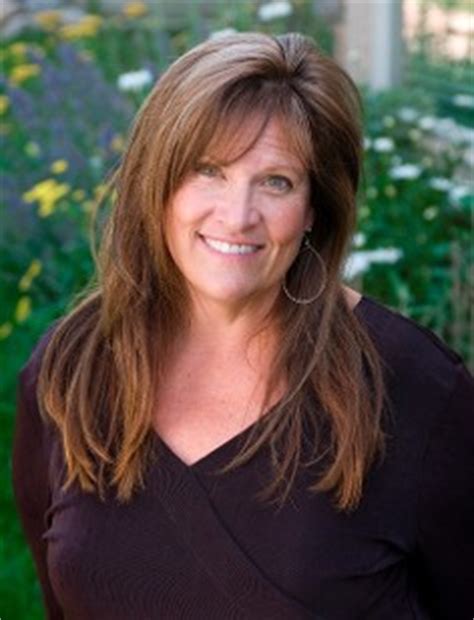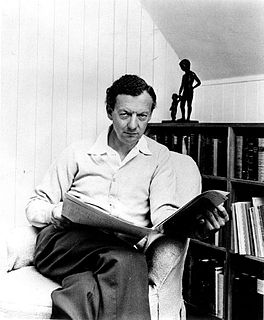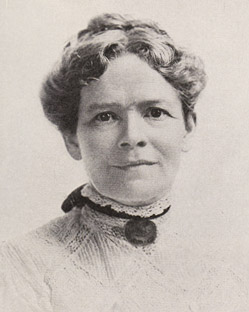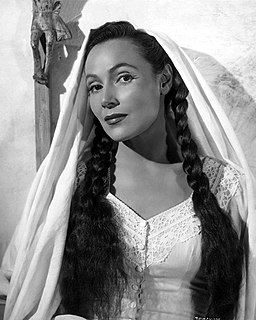A Quote by Stasi Eldredge
We desire to possess a beauty that is worth pursuing, worth fighting for, a beauty that is core to who we truly are. We want beauty that can be seen; beauty that can be felt; beauty that affects others; a beauty all our own to unveil.
Related Quotes
It is not expensive to be beautiful. It takes only a little effort to be presentable and beautiful. But it takes some effort. And unfortunately people think of beauty as luxury, beauty as frivolity, ... or extravagance. Beauty is a discipline, beauty is art, is harmony, in the ideological sense and in the theological sense, beauty is God and love made real. And the ultimate reach in this world is beauty.
The experience of beauty is in the eye of the beholder, as they say. The artist's relation to the object of beauty, how the art makes that happen, is a whole other subject. Beauty is an event. Beauty is something that happens. There is no such thing as a beautiful object or a beautiful woman. These things do not come near it - the experience of beauty, the event of beauty. The anxiety about it is what makes it such a central concern of culture and makes us so interested in it.
I don't think the possibility for beauty can be foreclosed, because beauty can take so many forms. There is beauty that arises from the unexpected, when our familiar perspectives are thrown off balance. There is also the beauty that paradoxically comes out of the tragic, that emerges because we are reminded of what is no longer there, that becomes powerful because of what is absent.



































